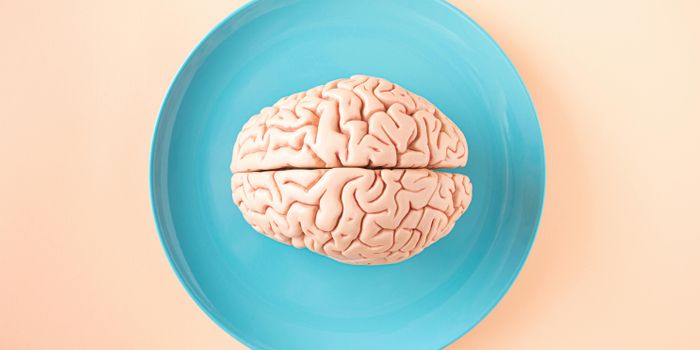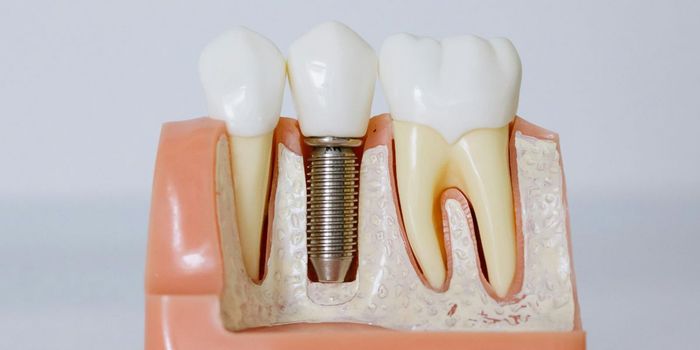Treating Chemotherapy-Induced Pain
Recent research has studied the effects of a protein, called apolipoprotein A-I binding protein (AIBP), in mice with chemotherapy-induced pain. It is a new approach that may be effective for patients suffering from chemotherapy-induced pain as well as an alternative to opiate

The research study was led by the University of California (UC) San Diego in La Jolla and published in the journal Cell Reports. The report describes how one spinal injection of AIBP reduced chemotherapy-induced pain in mice without any apparent side effects. AIBP works by binding to a cell surface protein known as toll-like receptor 4 (TLR4) which plays a crucial part in infection recognition and immune system activation.
The investigators found that AIPB turned off the mice's TLR4 receptors, ultimately inhibiting and reversing inflammation and cell processes involved in pain sensation. "What's so special," says study author Tony L. Yaksh, who is a professor in the Department of Anesthesiology at UC San Diego School of Medicine, "about our new approach, inhibiting the TLR4 receptor with AIBP, is that it actually modifies the pain processing systems themselves."
Pain is an unfortunate consequence of cancer treatment that can disable the overall quality of life, such as reducing job opportunities and impairing psychological health. A common side effect of chemotherapy is a persistent, ongoing painful condition that destroys the nerves so that even the "lightest touch" can lead to painful sensations. Cancer survivors may also have pain as a result of radiotherapy and surgery. In fact, Prof. Yaksh says that 39 percent of the 1.7 million people in the U.S. diagnosed with cancer annually experience pain as a result of cancer or the cancer treatment.
 Investigators are already working on alternative options to administer AIBP systemically. However, they believe that many individuals would rather have an injection in their spine "every few months" than live with persistent pain and painful sensations. More so ever, a crucial implication is that AIBP could be created as an alternative to high-dose morphine for those suffering with "unremitting severe pain"; as this will successfully reduce the use of opioids and opiod misuse. However, Prof. Yaksh notes that regardless opiates should never be dropped out of the treatment plan for persistent pain; "that would be a tragedy," he explains.
Investigators are already working on alternative options to administer AIBP systemically. However, they believe that many individuals would rather have an injection in their spine "every few months" than live with persistent pain and painful sensations. More so ever, a crucial implication is that AIBP could be created as an alternative to high-dose morphine for those suffering with "unremitting severe pain"; as this will successfully reduce the use of opioids and opiod misuse. However, Prof. Yaksh notes that regardless opiates should never be dropped out of the treatment plan for persistent pain; "that would be a tragedy," he explains.








